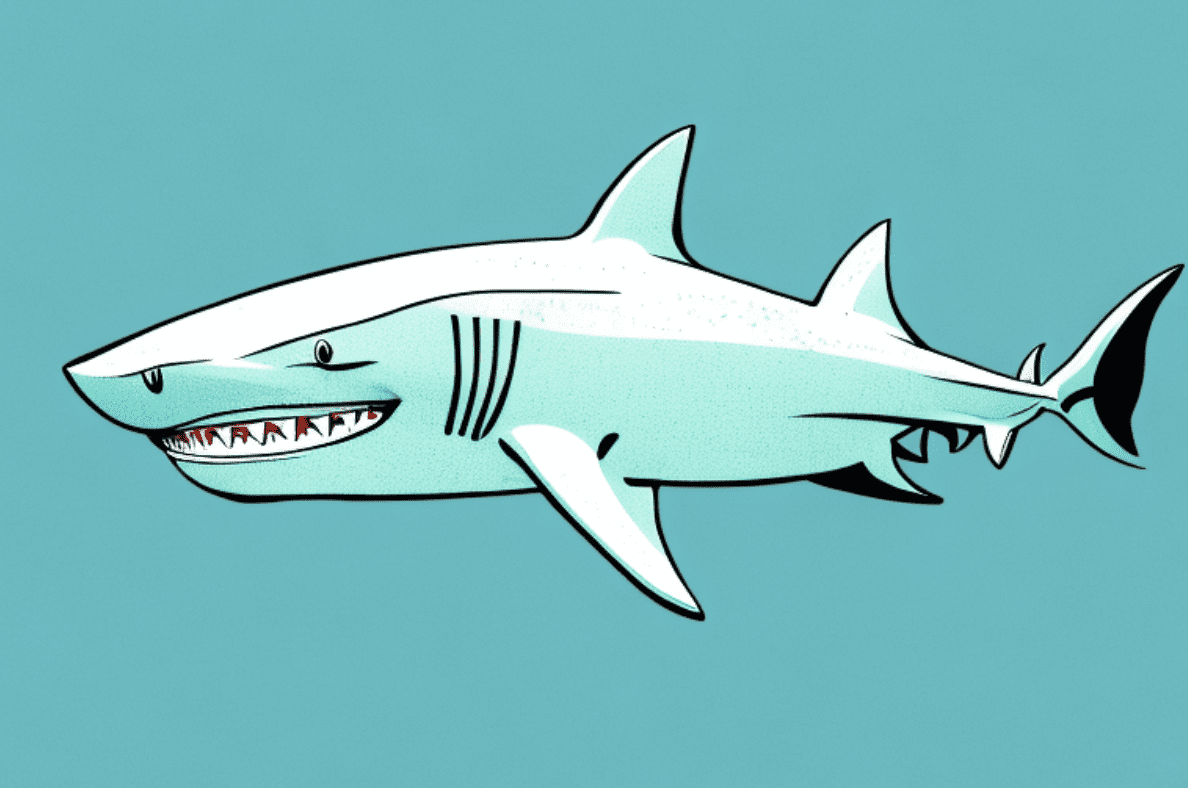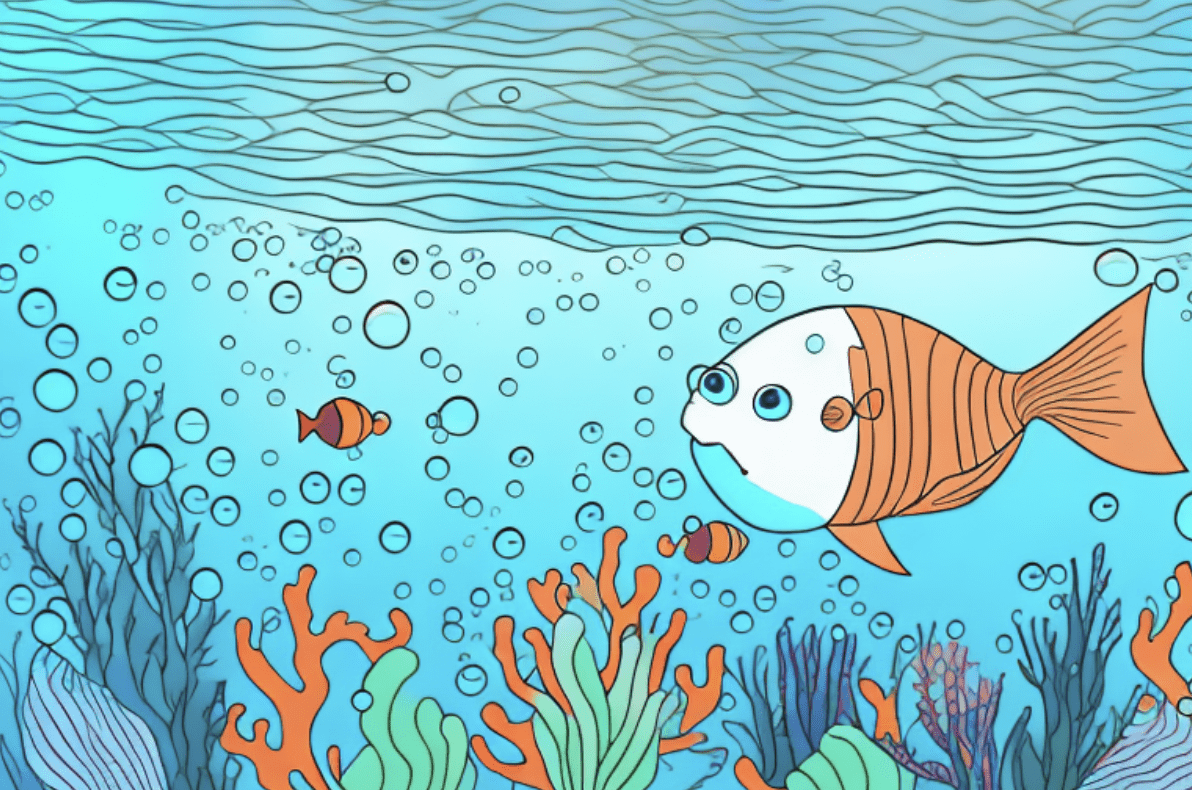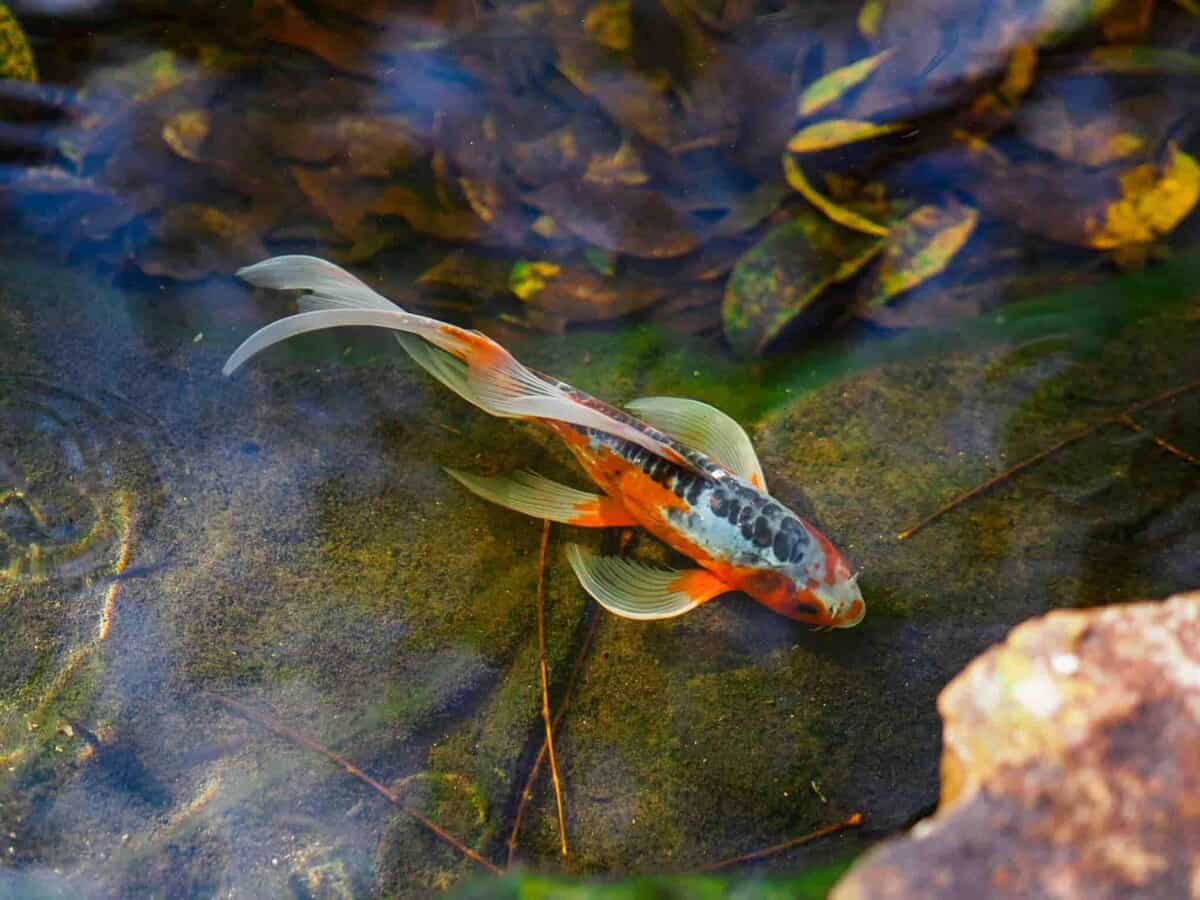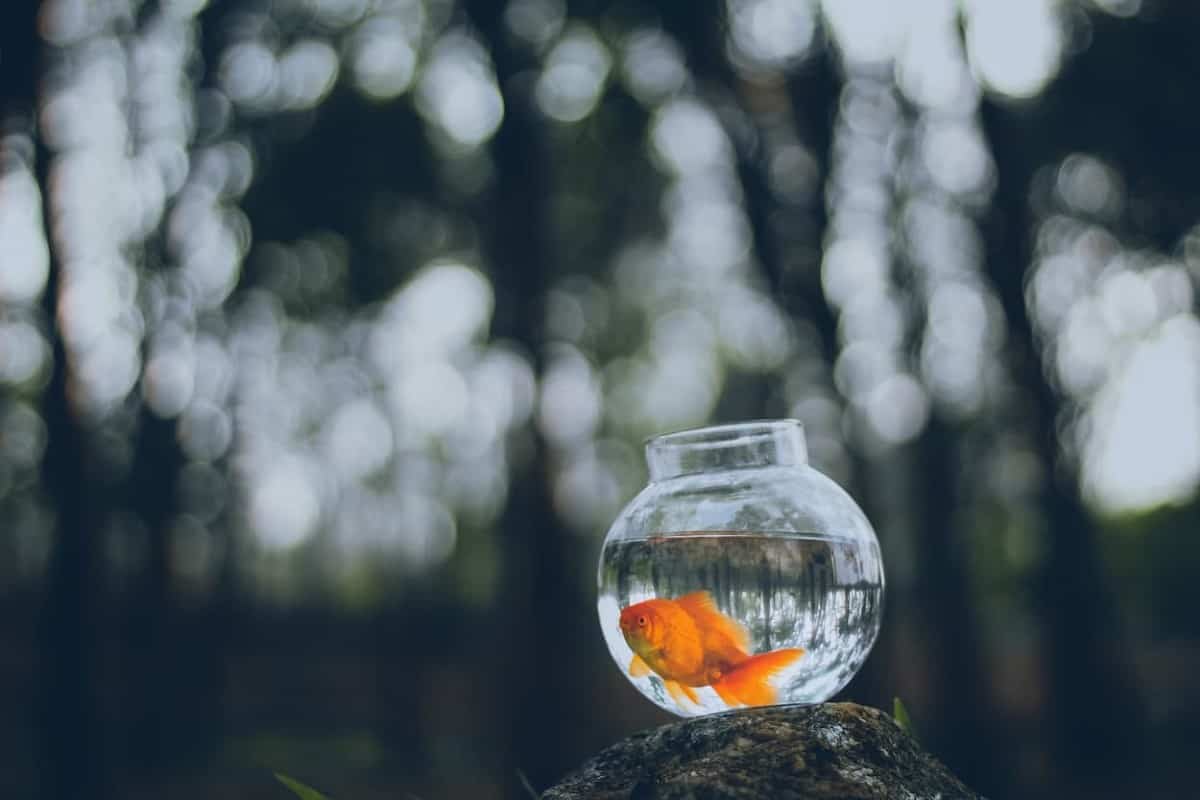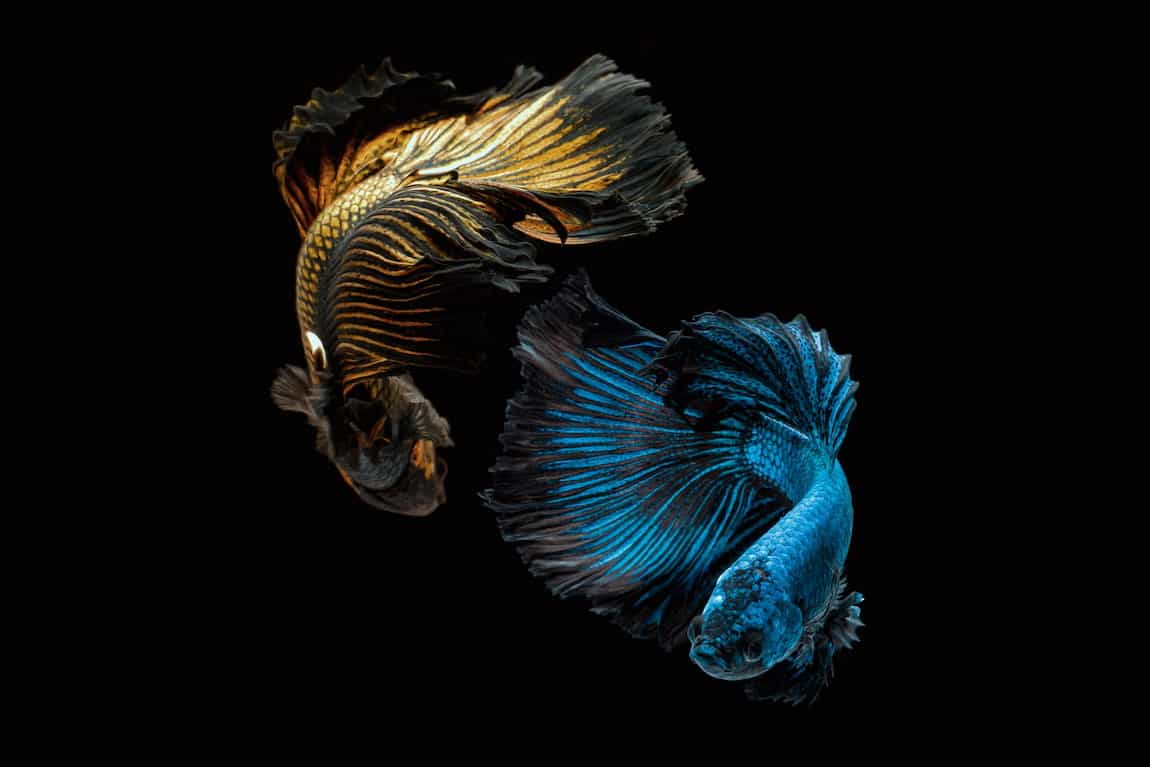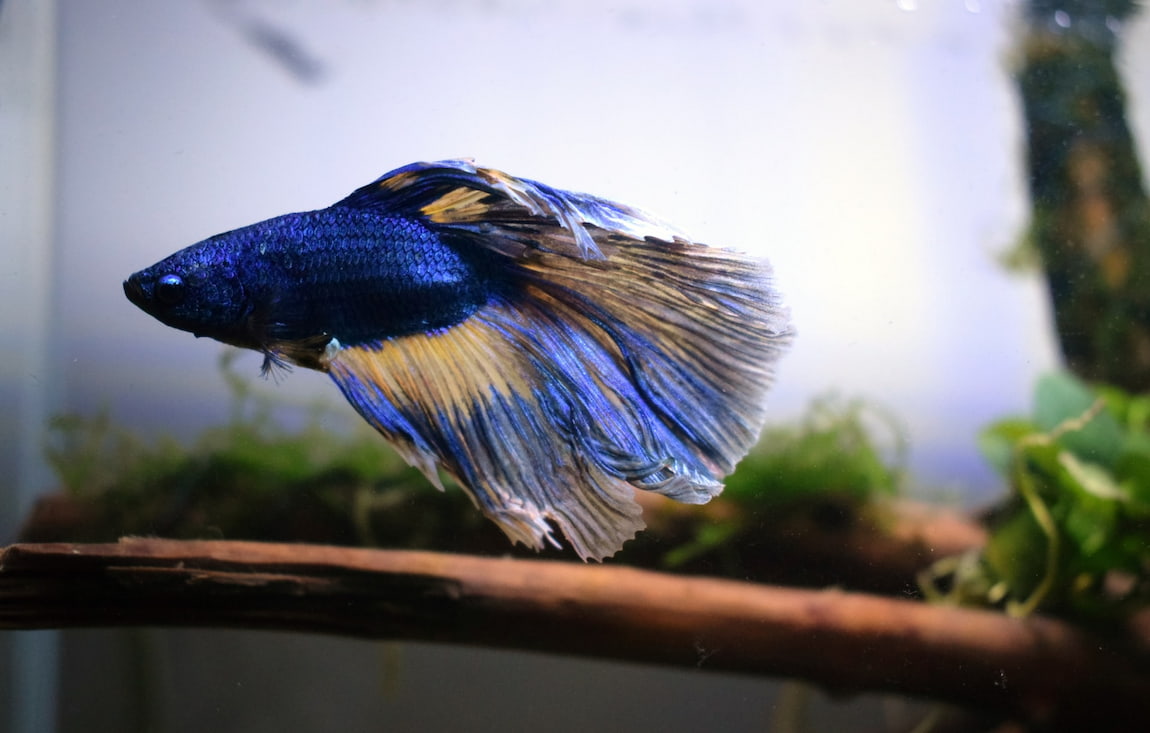Sleep is essential for most species, and sharks are no exception. The sleep habits of sharks, however, have been elusive and remain largely unknown. In this article, we’ll explore what we know about the sleep habits of sharks and investigate the potential implications of their sleep patterns, behavioral signals, and resting states.
What We Know About Sharks and Sleep
Scientists have yet to determine definitively whether or not sharks sleep, but there is evidence that suggests they may enter a resting state known as “unihemispheric slow-wave sleep.” This is unlike other species of fish, which tend to require more restful periods. Unihemispheric slow-wave sleep entails the activity of just half of the shark’s brain at a time, allowing the shark to still respond to environmental stimuli. When in this state, the shark’s behavior is more sluggish, and it will not actively hunt for food or explore its environment. However, sharks can also be seen swimming in a sustained pattern for long periods of time – this behavior is thought to be an indicator of a form of rest similar to that of other animals.
In addition to unihemispheric slow-wave sleep, some species of sharks have been observed entering a state of torpor, where their metabolic rate and body temperature drop significantly. This state is thought to be a way for sharks to conserve energy when food is scarce. It is also believed that sharks may enter a state of rest when they are in captivity, as they are not actively searching for food or exploring their environment.
Evidence of Sleep Patterns in Sharks
In addition to evincing the behavior mentioned above, several other behavioral patterns seem to indicate that sharks do indeed enter periods of rest. For instance, when observed underwater, sharks are seen to be stationary for periods of time, suggesting that they may be in a resting state. Additionally, researchers have observed that sharks will sometimes sink to the bottom of the ocean floor, where they remain motionless or move slowly. This behavior could be associated with slower brain-wave activity and a resting state.
Furthermore, studies have shown that sharks can reduce their metabolic rate when they enter a resting state, which is a common trait of animals that sleep. This suggests that sharks may be able to enter a state of rest similar to sleep, even though they lack the eyelids that are necessary for other animals to enter a deep sleep. Additionally, sharks have been observed to enter a state of torpor, which is a type of sleep-like state that is characterized by a decrease in body temperature and a decrease in metabolic rate.
The Role of Sleep in Shark Behavior
Though it is not known whether sharks undergo periods of restful sleep similar to other species, sleep may still play an important role in regulating their behavior. Scientists hypothesize that sleep serves several different functions for sharks, including helping them maintain a specific body temperature, storing memories, and consolidating learning. It’s possible that the resting state associated with unihemispheric slow-wave sleep may also help conserve energy and allow sharks to remain alert when necessary.
In addition, research suggests that sharks may also use sleep to regulate their behavior in social contexts. For example, some species of sharks have been observed to rest in groups, suggesting that sleep may be used to strengthen social bonds and facilitate communication. Furthermore, the presence of sleep-like behavior in sharks may also help them to avoid predators and remain safe in their environment.
The Impact of Artificial Light on Shark Sleep
Sharks may also be affected by artificial light sources, such as boats and submersibles. Sharks have been observed swimming away from such sources and exhibiting sleep-like behavior in their absence. This suggests that they may be able to sense the presence of light and enter a state of rest or avoidance in its presence.
Investigating Shark Sleep Using Technology
In recent years, researchers have made significant progress in understanding the sleep habits of sharks by using innovative electronic devices. By tagging and tracking sharks with innovative “biologgers,” scientists are able to measure certain parameters such as water temperature and observe behavioral patterns. Through this data, researchers can better investigate the potential for sleep in sharks and gain insight into the role it might play in their behavior.
Understanding the Effects of Sleep Deprivation on Sharks
Sleep deprivation can have severe health implications for humans and other land animals, but its effects on shark health are not well researched. That said, recent studies have suggested that sleep deprivation has detrimental effects on shark activity and can lead to changes in their stress hormone levels. This indicates that sharks may require some form of restful period in order to stay healthy.
The Role of Restful States in Sharks and Other Aquatic Animals
In addition to uncovering the role of sleep in shark behavior, it is also important to understand the role of restful states in aquatic animals more generally. This could help us comprehend how they interact with their environment and affect their performance in aquatic activities such as swimming, hunting, and defensive postures.
Potential Implications for Further Research on Shark Sleep
As research continues to uncover the sleeping habits of sharks, new insights may emerge into the importance of sleep for other aquatic species. For example, understanding shark sleeping habits could help researchers interpret observations made on other species of fish and aquatic invertebrates. This could lead to a better understanding of the importance of sleep across different marine species.
Conclusion
Studies into the sleeping habits of sharks have revealed some promising insights. While we don’t yet know whether or not sharks sleep in a restful state similar to other species, we do know that they can enter a state of rest believed to be a form of unihemispheric slow-wave sleep. Moreover, sleep deprivation may have detrimental effects on sharks, indicating that some form of restful period is necessary for them to maintain good health. Through further research into the importance of sleep for marine species more generally and advances in tracking technology, more conclusive evidence may be revealed as to whether or not sharks sleep.
